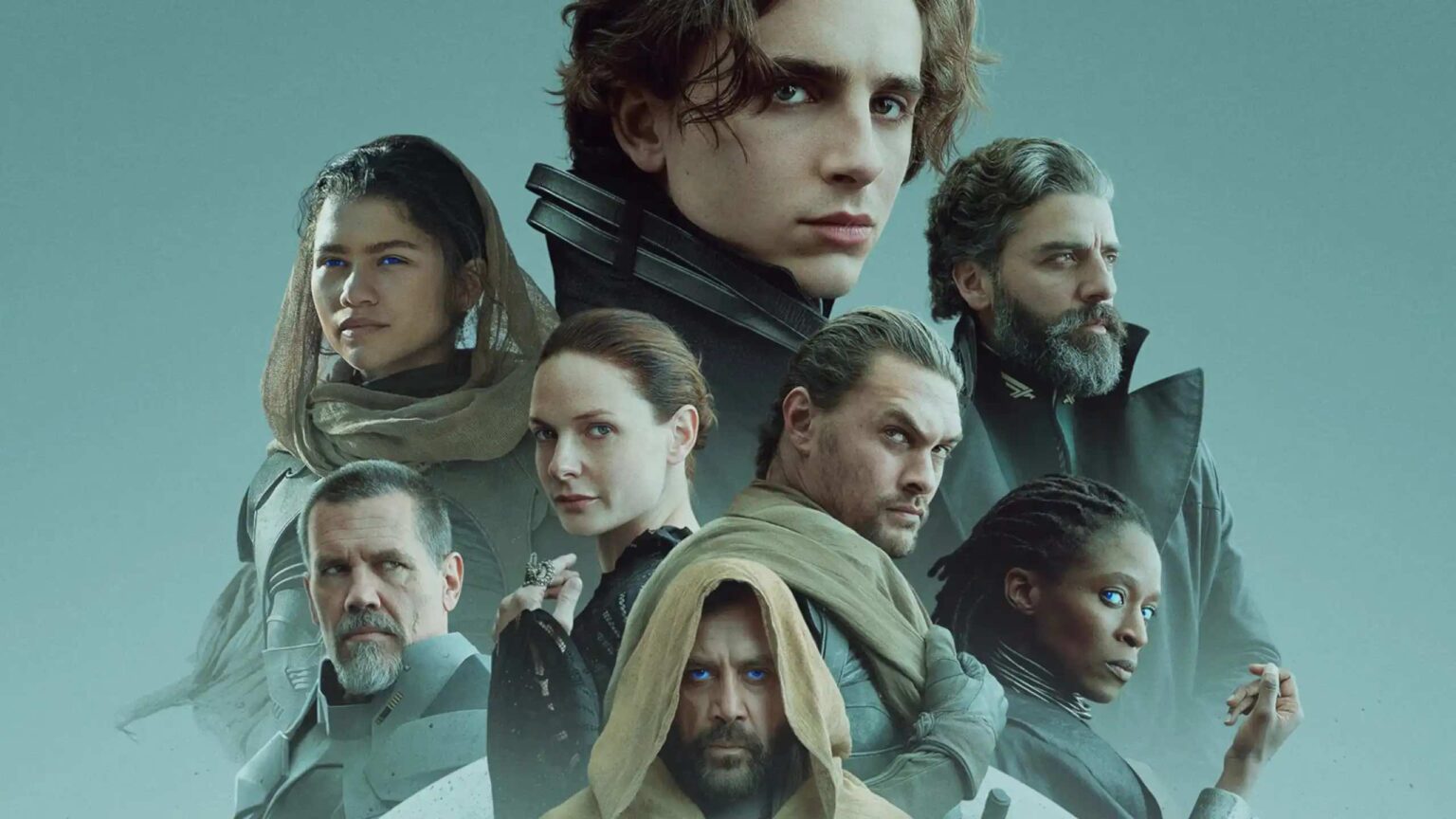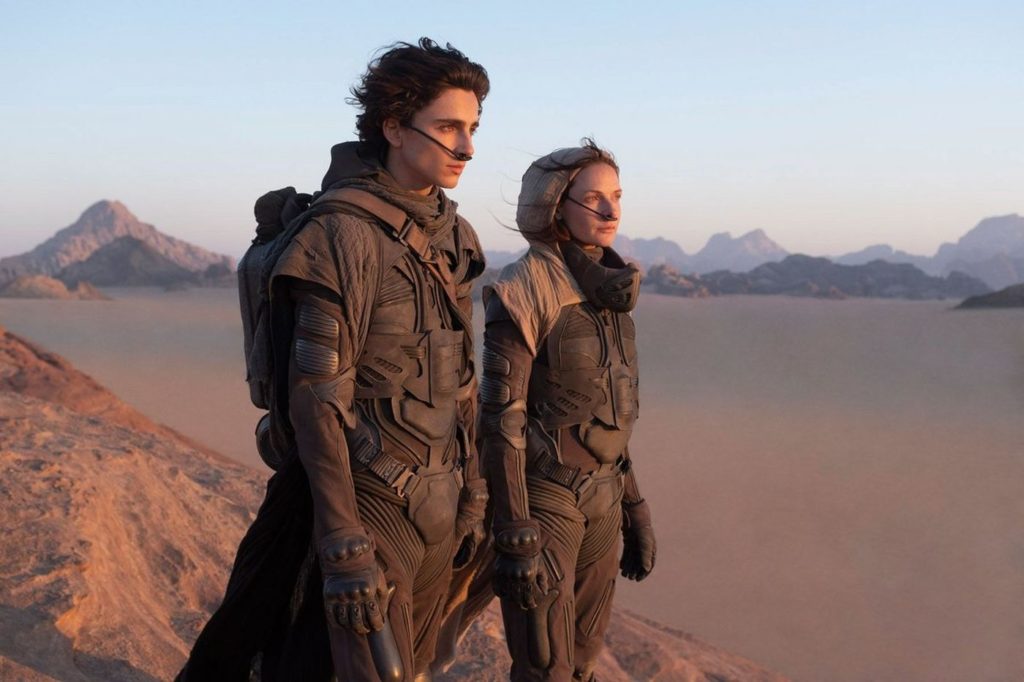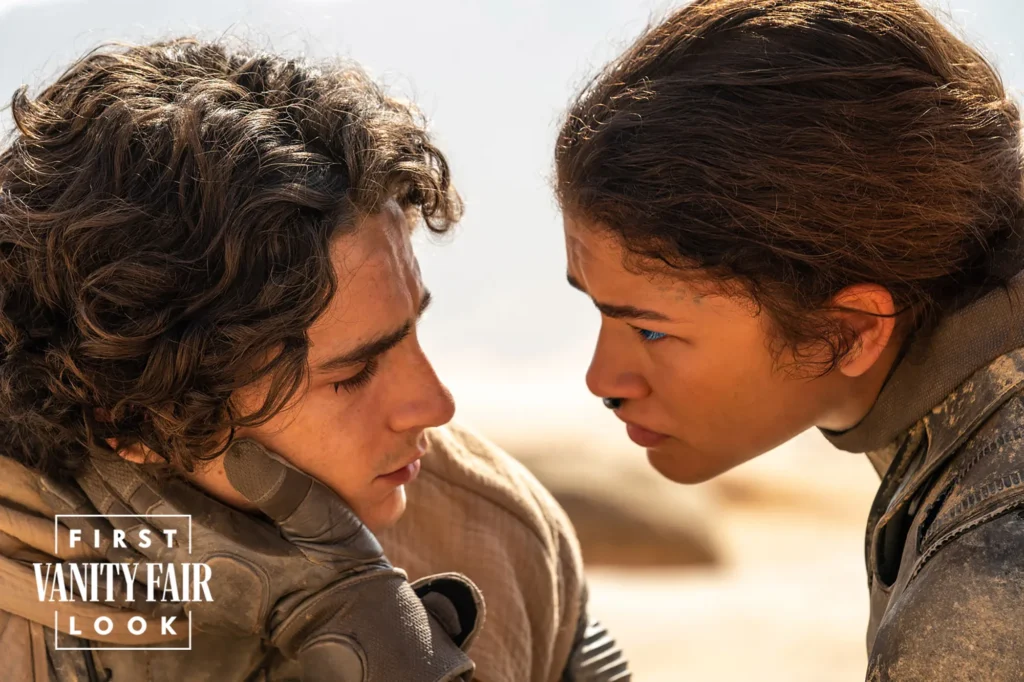
Here’s why the ‘Dune 3’ trailer is getting so much hate
Director Denis Villeneuve has officially, confidently stated that Dune’s sequel is “much better” than the 2021 original Dune. Considering the original was both a box office sensation and an awards magnet, it’s a bold claim. But what exactly sets Part Two apart from its predecessor? And why does it get so much perceived backlash? Here’s what we gathered from the explosive trailer.
Villeneuve’s commitment to elevating Dune: Part Two above the original is palpable. He claims that the sequel delves deeper into the characters’ emotional depths and intensifies the narrative drive, promising a more immersive experience for viewers. Scheduled for a March 2024 release, the movie continues the gripping tale of Paul Atreides and his alliance with the Fremen against the formidable Harkonnen empire.

Vision of a Trilogy
Looking beyond the upcoming release, Villeneuve dreams of completing a Dune trilogy, with the third installment potentially adapting Frank Herbert’s Dune Messiah. While this ambitious project is still in the scripting phase, Villeneuve hints at a possible interlude before embarking on this venture, emphasizing the importance of Dune: Part Two‘s success.
Described as more action-oriented and robust than the meditative Dune, the sequel promises a shift in the narrative’s pace and tone. This transformation is underscored by the extensive use of IMAX cameras, capturing the film’s grand scale and ensuring a visually stunning experience for audiences.
The sequel sees the return of Timothée Chalamet, Zendaya, Javier Bardem, and Rebecca Ferguson, alongside an exciting array of new faces like Léa Seydoux and Florence Pugh. This stellar ensemble is set to bring new dynamics and depth to the already rich narrative landscape of Dune.

Anticipation Builds
As the release of Dune: Part Two approaches, the buzz around the film continues to grow. The latest trailer teases a grand narrative filled with epic battles, complex characters, and breathtaking visuals, all set to be magnified by IMAX technology.
The original Dune set a new standard in sci-fi filmmaking with its intricate storytelling and mesmerizing visuals. It not only respected its source material but also carved a unique identity, offering an immersive experience that was both grand and intimate.
Central to Dune‘s appeal is Paul Atreides’ journey of self-discovery and leadership. Chalamet’s portrayal brought a grounded and relatable quality to the character, anchoring the sprawling sci-fi epic in human emotions and experiences.

A Delicate Balance
While Dune shined in its world-building and character development, it occasionally grappled with its ambitious scope, affecting its pacing. Nonetheless, the film remained engaging, with its focus on Paul’s evolution amidst the complex political and social dynamics of Arrakis.
The diverse and talented cast of Dune added layers of depth to the narrative, with each performance contributing significantly to the film’s emotional and narrative richness. From Momoa’s charismatic Duncan Idaho to Skarsgård’s menacing Baron Harkonnen, the characters enriched the story’s tapestry.
With Dune: Part Two, expectations are sky-high. The sequel has the potential to not just be an exceptional sci-fi film but a cinematic landmark. Building on the first film’s success, it aims to offer a richer, more action-packed, and emotionally resonant experience.
Dune stands as a testament to the power of storytelling in cinema, blending a deep narrative with breathtaking visuals. As the world anticipates Dune: Part Two, one question lingers: Can this sequel surpass the lofty expectations set by its remarkable predecessor?



